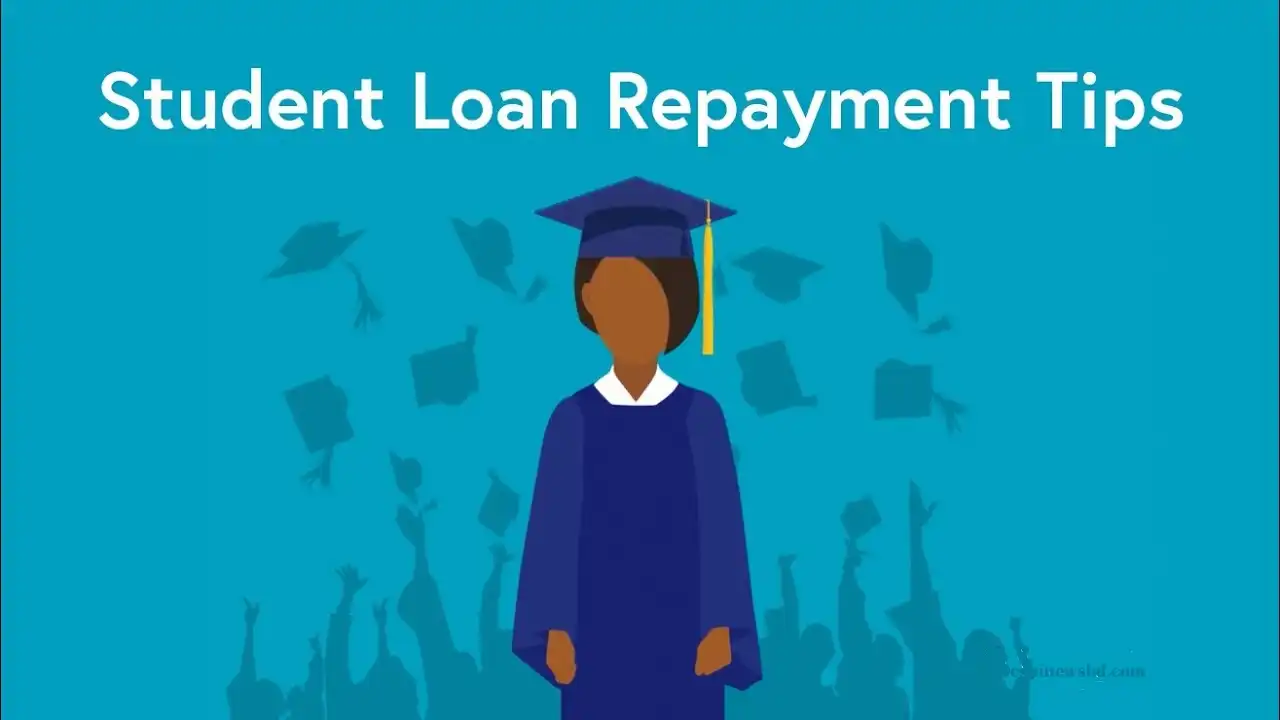
Tips for Repaying Student Loans
Repaying student loans can be a significant financial responsibility, but with proper planning and strategies, you can effectively manage & pay off your loans. Here are some tips to help you navigate the repayment process:
Understand your loan details:- Familiarize yourself with the - terms & conditions of your Student Loans. Know the interest rates, repayment options & any available grace periods or deferment options. This knowledge will help you make informed decisions about repayment.
Create a budget: Develop a monthly budget that includes your loan payments. Prioritize your loan payments and ensure they are accounted for in your overall financial plan. Consider cutting back on non-essential expenses to allocate more funds towards your loans.
Explore repayment options: Investigate the various repayment plans available to you. Federal student loans often offer different repayment options such as standard repayment, income-driven repayment (IDR), or extended repayment plans. Choose the one that aligns with your financial situation and goals.
Pay more than the minimum:- Whenever possible, pay more than the minimum monthly payment. This extra amount will help you pay off the principal faster & reduce the total interest paid over the life of the loan.
Consider loan consolidation or refinancing:- If you have multiple loans, consolidating them into a single loan may simplify your repayment process. Additionally - refinancing your loans at a Lower Interest Rate could potentially save - you money in the long run. However carefully assess the pros and cons before making this decision.
Take advantage of loan forgiveness or assistance programs:- Explore options for loan forgiveness or assistance programs that may be available to you. These programs are often targeted towards specific professions or industries and can provide relief from a portion or the entirety of your student loan debt.
Avoid default:- Missing loan payments or defaulting on your loans can have severe consequences, such as damaged credit, wage garnishment, and loss of eligibility for future financial aid. If you are facing financial hardship - contact your loan servicer to discuss alternative repayment options, deferment or forbearance.
Seek additional income sources: Consider finding part-time work, freelancing, or taking up a side gig to supplement your income. Applying these additional earnings directly towards your student loan payments can help you repay the debt more quickly.
Stay in touch with your loan servicer: Keep your loan servicer informed of any changes in your contact information or financial circumstances. They can provide guidance, answer your questions, and inform you about any updates or new programs that may benefit you.
Stay motivated and focused: Repaying student loans can be a long-term commitment. Set specific goals, track your progress, and celebrate milestones along the way. Keep your eye on the ultimate objective of becoming debt-free, and stay disciplined with your financial habits.Remember each person’s financial situation is unique, so it’s essential to assess your circumstances & determine the best repayment strategy for you. Consider consulting with a financial advisor or student loan counselor for personalized guidance tailored to your specific needs.







